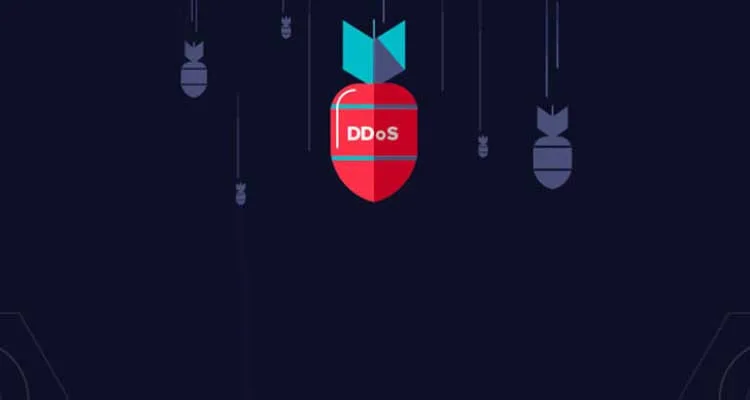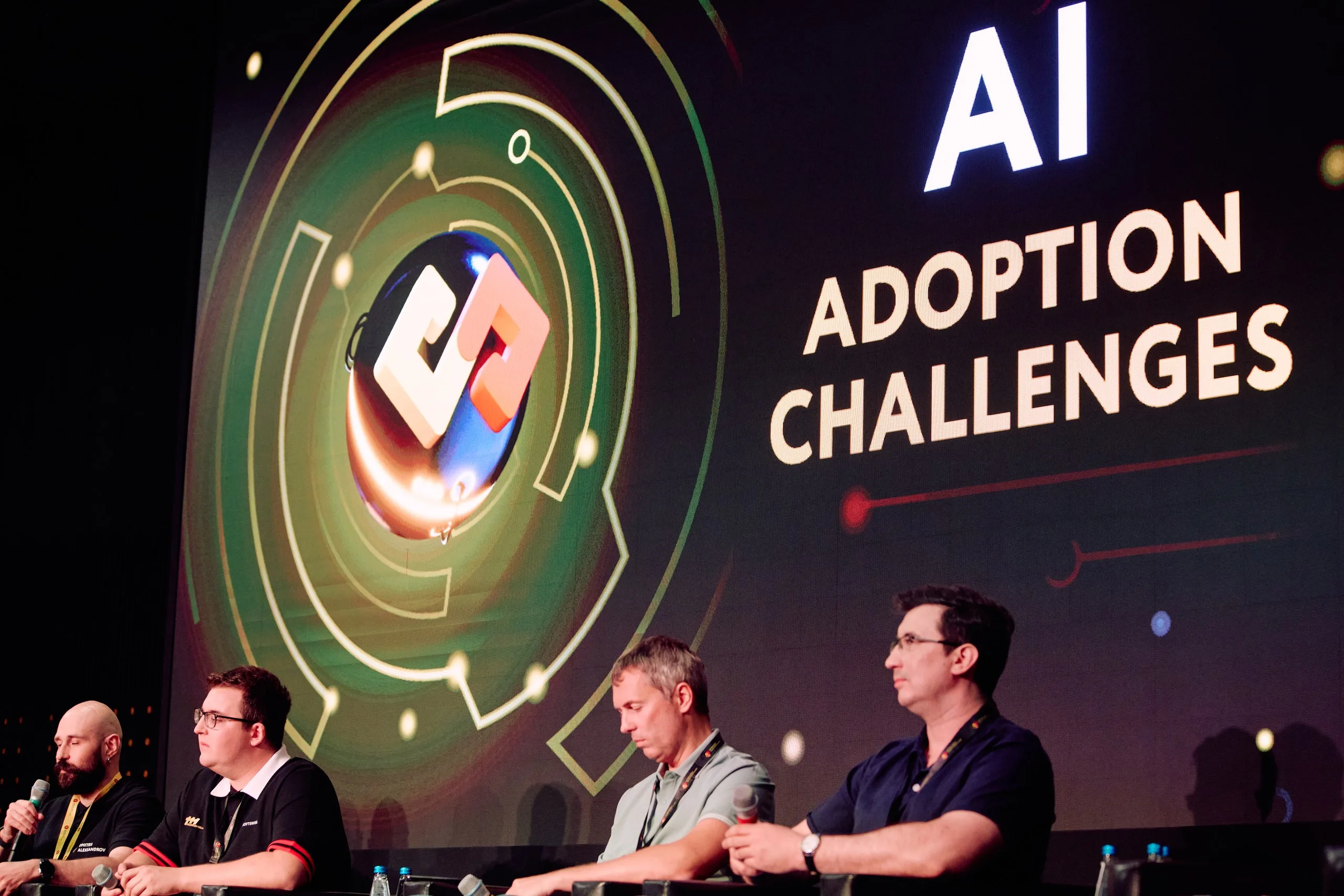The DDoS attack is a challenge for many companies that provide their services on the Web. Gambling operators have also failed to avoid their negative impact. The GBC Time team has prepared detailed information on the principle of their work, types and mechanisms for preventing DDoS attacks.
Distributed denial-of-service attack, or DDoS attack, is a threat that is becoming more common for companies operating on the Web. Foreign gambling operators are also familiar with this issue.
The purpose of the article is to form a basic understanding of one of the common types of attacks on the Internet. The GBC Time team has tried to gain insight into this complex subject.
The latter note that, according to preliminary estimates, British gambling operators lost about £ 1 billion due to DDoS attacks.
DDoS attacks: their definition and principle of their work
Experts say that in order to define the phenomenon, it is necessary to first focus on the main tool used in carrying out this type of attack – a botnet.
The botnet is a network of compromised computer devices. In the past few years, the use of IoT networks, or, in other words, smart devices that have appeared as a result of technological progress, has been widespread. In particular, even digital video recorders or smart watches can be utilized.
The problem is that, as a rule, the main principle of creating IoT networks is functionality, and security is not given due attention. Computers can be attacked through sites, email or social networks.
Interesting fact
A typical Botnet may assume the presence of additional functionality and contain any number of devices – from tens to tens of thousands.
As representatives of 1Ante explain, a user, opening a letter or clicking on a link, gets to a previously hacked website, and in the meantime, malware is installed on his or her PC. Once it is installed, its functionality will include maintaining contact with a human-machine interface (HMI) on the Internet. It is from there that commands about which websites need to be attacked, and also at what time will come.
Strengthening the attack can be done by specifying more devices in the botnet to simultaneously attack the online platform.
At the same time, 1Ante experts note that thousands of machines are not always necessary to counter or break through an attack. In this case, everything will depend on the specific type of DDoS attack.
Interesting fact
A recent Neustar study suggests that a Botnet can be rented for less than $ 20 per day.
Thus, based on the above-mentioned information, a distributed denial-of-service attack is the transmission of messages to publicly available resources, the purpose of which is to overload various devices used by companies to provide services. This includes routers, firewalls, or web servers. The load reaches such a peak that these systems can no longer serve the website and real customers.
1Ante experts note that, as a rule, when talking about DDoS attacks, they mean large-scale attacks that load the Internet connection to the saturation point, cutting off users from access to online services.
Types of DDoS Attacks
Experts usually distinguish four main types of DDoS attacks: extensive and fragmented, as well as connection and application attacks. The latter can be used both individually and in various combinations.
An extensive attack “floods” the Internet connection, nullifying new communications from the company’s real customers.
The main goal of a connection-oriented attack is firewalls and application servers, that is, website load balancers. Potentially, these systems can serve millions of connections, but their limits may be exhausted – this blocks the further servicing of customer requests.
The principle of fragmented attack is based on the fact that Internet traffic is redirected piece by piece from the user to the router and vice versa. The essence of this type of DDoS attack is to remove several fragments, which prevents them from matching in the correct sequence and correct assembly during redirection.
The attack on Internet applications is focused on taking advantage of certain of their capabilities. To reproduce this type of attack and effectively impede the operation of a site or service, there is no need to use a large number of PCs.
DDoS attacks and their impact on gambling operators
Based on the information provided above, it becomes clear that there is no separate type of attacks designed for gambling companies, if only because they are not necessary.
In different configurations, such attacks are used against foreign online gambling sites, they overload systems and prevent customers from accessing the resource.
DDoS attacks should not be underestimated, because they make gambling operators invest large sums of money to prevent them.
Protection from the DDoS attacks
At present, it’s too early to talk about the availability of funds for complete protection against DDoS attacks. In addition, the human factor plays an important role in these issues: a mistake or carelessness of the system administrator can lead to rather disastrous consequences for the company and its customers. At the same time, many hardware-software protection tools have already been developed. In addition, taking into account the negative experience, organizational methods have been developed to counter this type of attack on the Internet.
Based on this statement, it will be correct to divide the methods of protection against DDoS attacks into passive and active. Moreover, there are preventive security measures, as well as reactionary ones, which are utilized in connection with a specific precedent.
Often, the cause of cyber attacks is personal grievances or hostility due to political, cultural or other types of disagreements. As a measure, the prevention of the causes that can induce attackers to launch an attack is proposed.
The responsive measures involve an impact on the source of the attack. In the modern world, there are even companies whose purpose is to identify not only the sources of a cyber attack but also its customers.
Besides, do not forget about turnkey software solutions. The latter, however, will be effective only if small and medium-sized businesses need to be protected from minor DDoS attacks.
In addition to the above, there are such methods of protection against DDoS attacks: filtering and blackholding, reverse DDoS, elimination of vulnerable elements, dispersal, evasion, and others.
Read more: Best iGaming Aggregators














